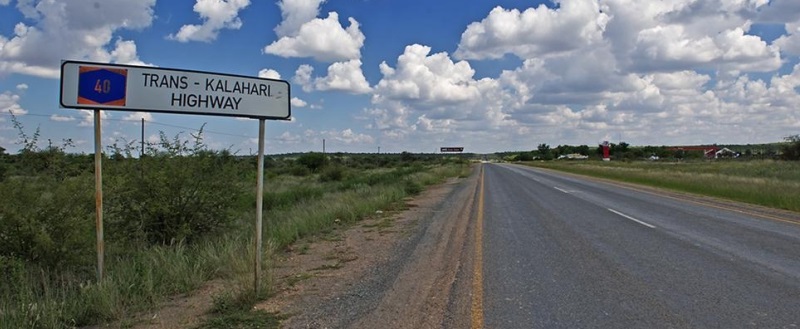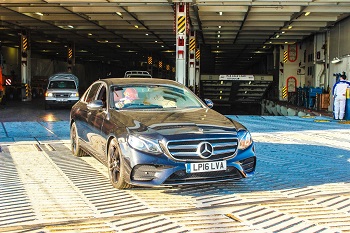
24-hour operation of the Mamuno/ Trans kalahari borders to commence Saturday

Trans Kalahari border will commence with a 24-hour Operation effective 1 April. The TransKalahari Corridor Secretariat had been working on with Namibia and Botswana since October 2022, to make it come to fruition.
The 24-hour operation of the Mamuno/Trans Kalahari border will significantly reduce time spent on the road as well as the congestion at the border which has lately been a challenge.
“The corridor has been growing significantly and the number of trucks crossing at the border has increased. ‘We are now expecting the congestion that has been seen at the border to reduce significantly as trucks will not have to wait until the next day if they reach the border after midnight. A speedy transit through the corridor will be established due to reduced congestion and this will result in cost benefits for the consignors, consignees, and the public in general,” said the Executive Director of Trans Kalahari Corridor Secretariat (TKCS) Mr. Leslie Mlungisi Mpofu.
“We further hope to see other TKC borders also extending their operating hours to 24 hours in order not to create a bottle, especially at Pioneer Gate,” Mpofu said, adding that the Pioneer Gate is currently under construction and the hope is that when the construction is completed it will also open 24 hours.
“The Trans Kalahari Corridor has been developing in leaps and bounds. When the corridor management institute was established, the aim was to remove Non-Tariff Barriers between Batswana, Namibia, and South Africa. Furthermore, the objective was to transform the road from a transport corridor to an economic corridor that will benefit and contribute to the development of member states. We have seen it grow into a best-performing corridor in Africa, easing a lot of transport barriers and harmonising transport policies,” explained Mpofu.
The Corridor was opened in 1998 by the then Presidents of Botswana and Namibia the late Ketumile Masire and Sam Nujoma respectively.
t the time of opening, TKC was the first road in Africa, South of the Sahara to connect the Atlantic and Indian oceans. Shortly after the opening of the corridor, the two member states agreed to include South Africa and to establish a secretariat that will manage the efficiency of the corridor by harmonising the transport policies between the three member states.
The Trans Kalahari Corridor Management Committee Memorandum of Agreement was then signed in November 2003 in Walvis Bay. The Trans Kalahari Corridor Secretariat (TKCS) was then established in 2007. This Secretariat implements the decisions made by the member states through the Trans Kalahari Corridor Management Committee (TKCMC) which is made up of government, parastatals, and the private sector from the three member states.
The TKC Secretariat is a tripartite transboundary corridor management institution based in Windhoek. It was established with a political and economic vision to pursue and contribute towards deeper regional integration of SADC, SACU, and AUDA-NEPAD.












































